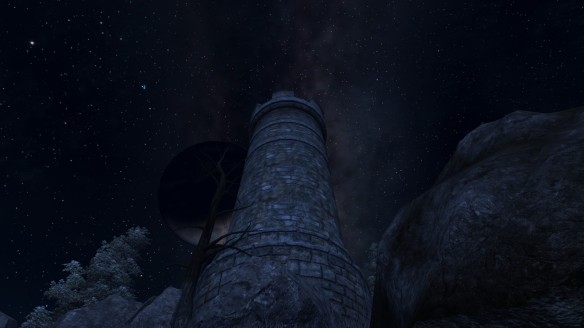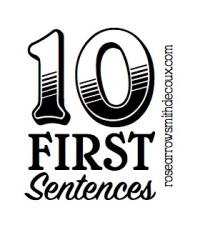I lead my first ever Virtual Writing Group today [Jan 2013]. To begin, I talked about my writing philosophy. I faithfully follow the wise advice of Natalie Goldberg who instructs me to leave my pen on the page and to keep it moving.
Write now. Edit later.
This means writing in spite of the “drunken monkeys and screaming banshees,” as Anne Lammott calls the clamboring noises in her head.
As I explained this today, I realized that I have become very good at writing no matter what those critical voices say. And this is because I do Morning Pages.
Morning Pages are one of two essential elements in Julia Cameron’sThe Artist’s Way, a book I recommend to everyone. What are they?
They are three pages, written long-hand, done first thing in the morning, every morning.
They are whatever pours out of my head. Often my jumbled dreams and plans for the day have space there. Sometimes they are even poetic. For about the first two or three years they were exclusively whiny. I have made countless mention of how I should have peed before I started them.
There is no wrong way to do them, as long as you do them: write three pages without stopping. Content is not important.
In the last year or two, as my sense of self has been greatly challeneged and deepened, I have found that I am able to allow the Censor, Critic or Drunken Monkey space on the page. It began as an experiment: What happens if, instead of fearing what it will say, I let it talk?
For a few months I really needed to write up a whole page of affirmations afterward to avoid a major self-esteem deficit. Now I can immediately tell by the tone which inner voice is talking. Is it my Higher Self with good advice? Or my Critic?
The surprising thing is that I have learned my Critic can be just as useful to me as those wise words that sometimes come. When the Critic pipes up, I know right away that something is scaring it and it feels threatened. This is great! This means I’m on to something! The Critic gets nasty when I am serving my own growth and evolution. I am on the right track.
Then I can strategize for how to be doubly kind to myself. I get a heads up that this project will need extra support. I can see the pattern and avoid being pulled into the drama.
It’s like parenting a toddler during a tantrum: instead of being the toddler, I get to be the adult standing calmly by, knowing that no harm is coming to anyone and that this, too, shall pass.
I get to write and create and be prolific, no matter what the Critic has to say.
TRY IT
- It takes at least a month to really create a habit, so commit to that. You won’t regret it.
- Get up 45 minutes earlier everyday.
- Mine only take 20 minutes now, but I’m fast and I have years of practice.
- Use a standard spiral bound notebook and a comfortable pen.
- I recommend wide rule over college rule: I’m fast because I’m messy.
- Natalie says pencils have too much drag on the page, and I agree.
- Write whatever comes into your head for 3 whole pages without stopping.
- even, “I don’t know what to write. I don’t know what to write. I don’t know…”
- After a week, see how you feel. How is your day impacted?
- If you need some support, email me.
- Or pick up a copy of The Artist’s Way.
- Or start this with a buddy and check in daily or weekly.
No matter what kind of artist you are, and even if you don’t call yourself an artist at all, doing Morning Pages will help quiet your mind and tell you who is driving the bus today. And that makes a profound and marked difference in your life.
p.s. What supports you? Do you have a helpful daily habit?




